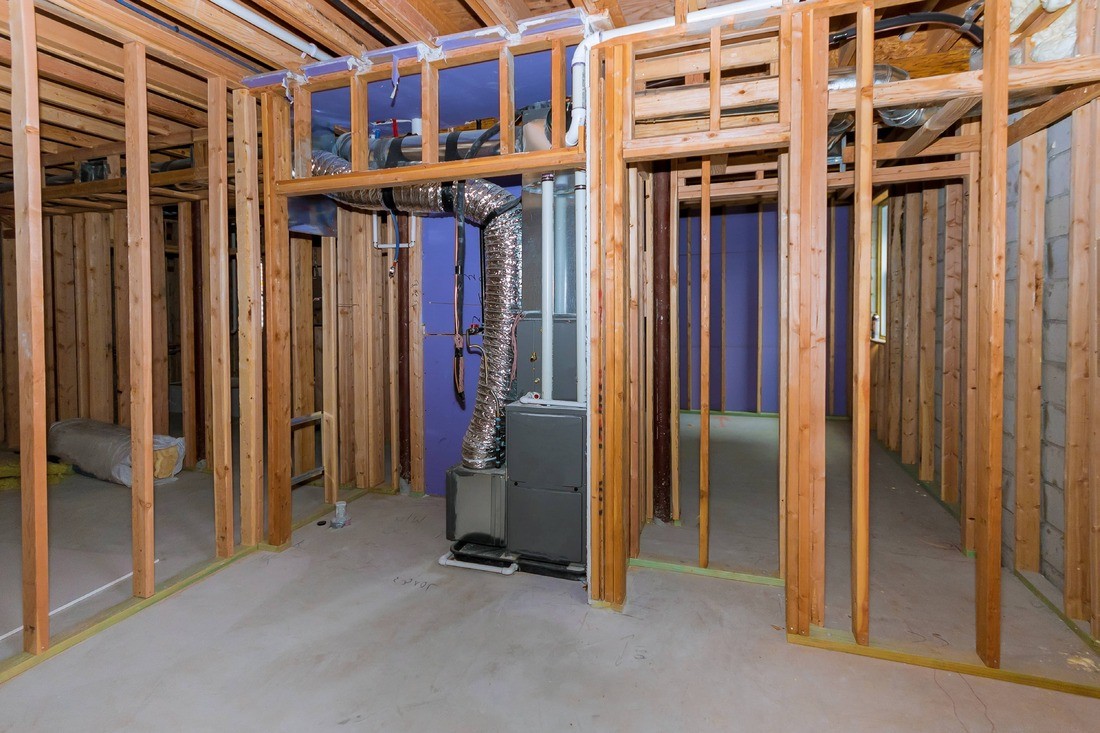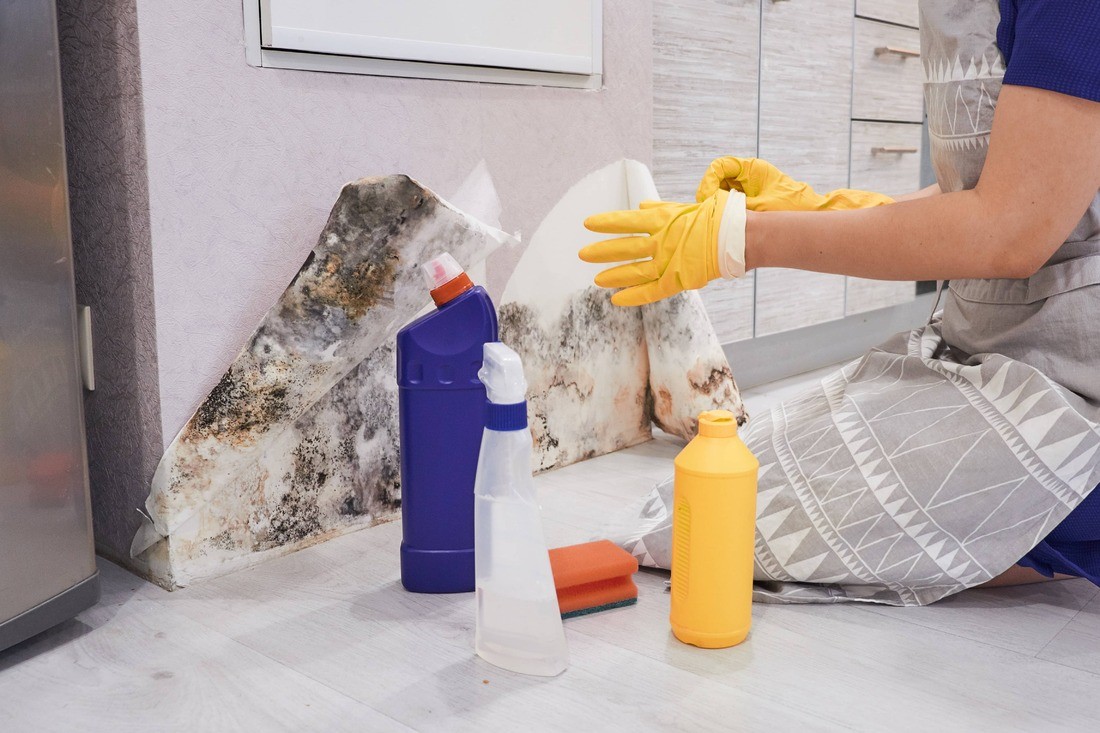
Preventing Basement Water Damage: A Comprehensive Guide
Water damage in the basement can be a homeowner’s worst nightmare. It can cause significant structural damage, create health hazards, and ruin personal belongings. Preventing basement water damage is essential for maintaining the value and safety of your home. In this comprehensive guide, we will explore various aspects of basement water damage prevention, including the importance of professional water restoration services, steps to take for flooded basement cleanup, and tips for protecting your home and belongings from costly water damage.
1. Understanding the Causes of Basement Water Damage

Basement water damage can be caused by a variety of factors, including:
- Poor drainage around the foundation
- Clogged gutters and downspouts
- Sump pump failure
- Foundation cracks or leaks
- Broken or burst pipes
- Natural disasters such as heavy rainfall or flooding
By understanding the common causes of basement water damage, you can take proactive steps to prevent it from happening in the first place.
2. Importance of Professional Water Restoration Services
In the event of basement water damage, it is crucial to seek professional water restoration services. Here’s why:

- Expertise: Professional water restoration technicians have the knowledge and experience to assess the extent of the damage and implement the most effective restoration techniques.
- Equipment: Water restoration companies have specialized equipment to remove standing water, dry affected areas, and prevent secondary damage such as mold growth.
- Speed: Time is of the essence when dealing with water damage. Professional restoration services can respond quickly to mitigate further damage and prevent long-term consequences.
- Insurance claim assistance: Water restoration professionals can work directly with your insurance company to ensure a smooth and efficient claims process.
Investing in professional water restoration services can save you time, money, and the stress of dealing with the aftermath of basement water damage.
3. Steps for Flooded Basement Cleanup
In the unfortunate event of a flooded basement, it is essential to take immediate action to minimize the damage and ensure the safety of your home. Here are the steps for flooded basement cleanup:
- Ensure personal safety: Before entering a flooded basement, make sure the electricity is turned off to avoid any electrocution risks. Wear protective clothing, gloves, and boots to protect yourself from contaminated water.
- Stop the source of water: If possible, identify and stop the source of water entering the basement. This could involve shutting off a main water valve or fixing a leaking pipe.
- Remove standing water: Use a pump or wet/dry vacuum to remove standing water. Dispose of the water properly to prevent further damage or contamination.
- Dry the area: Use fans, dehumidifiers, and open windows to promote airflow and speed up the drying process. Remove any wet materials, such as carpets or furniture, from the basement.
- Sanitize and disinfect: Clean all surfaces with a disinfectant to prevent mold and bacterial growth. This includes walls, floors, and any salvageable items.
- Restore and repair: Assess the extent of the damage and consult with a professional water restoration company for repairs and restoration. This may involve repairing cracks, waterproofing the basement, or replacing damaged materials.
It is important to note that flooded basement cleanup can be a complex and hazardous process. Hiring a professional water restoration company is highly recommended to ensure thorough and safe cleanup.
4. Tips for Protecting Your Home from Basement Water Damage
Prevention is key when it comes to basement water damage. Here are some tips to protect your home from water damage:
- Maintain proper drainage around the foundation by ensuring gutters and downspouts are clear of debris.
- Install a sump pump and regularly test it to ensure it is functioning properly.
- Seal any cracks or gaps in the foundation to prevent water seepage.
- Inspect and repair plumbing leaks promptly.
- Install a backup power source for the sump pump to ensure it continues to operate during power outages.
- Elevate valuable belongings off the basement floor to prevent water damage.
- Consider installing a basement waterproofing system for added protection.
By implementing these preventive measures, you can significantly reduce the risk of basement water damage and the associated costs and headaches.
Can I handle basement water damage cleanup on my own?
How much does basement water damage restoration cost?
By following these guidelines and understanding the importance of professional water restoration services, you can take proactive steps to prevent basement water damage and protect your home and belongings. Remember to seek professional assistance in the event of water damage to ensure a thorough and safe restoration process.
For professional water restoration services and 24/7 emergency assistance, contact Service Water Restoration Pros at 949-209-1582.


